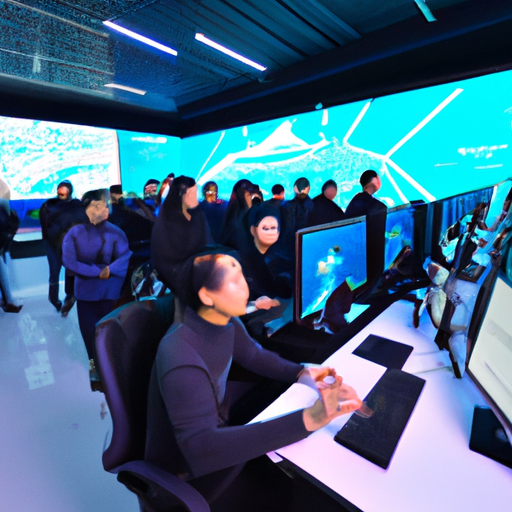Variable capacitors are commonly used electronic components, widely used in wireless communication, electronic devices, automotive electronics, and other fields. In order to better understand and master the relevant knowledge of variable capacitors, improve the efficiency and performance of products, product training is very necessary. When conducting product training on variable capacitors, there are some precautions that need to be particularly noted to ensure the smooth progress and effectiveness of the training.

Secondly, the training content needs to be systematic and comprehensive. When conducting product training on variable capacitors, it is necessary to comprehensively cover the relevant knowledge points of variable capacitors, including the classification, characteristic parameters, selection principles, and usage precautions of variable capacitors. At the same time, practical cases and application scenarios should be combined to help trainees better understand and master the knowledge.
In addition, the training methods and approaches need to be flexible and diverse. In addition to traditional classroom lectures and experimental demonstrations, training can also be conducted through case studies, interactive discussions, field visits, etc., to enhance the interest and practicality of the training. Additionally, multimedia technology and online platforms can be utilized for remote training and interactive communication to meet the needs of different trainees.
Furthermore, it is important to focus on the participation and feedback of the trainees during the training process. Trainees should actively participate in training activities, raise questions and opinions, and interact with trainers. At the same time, trainers should collect feedback from trainees in a timely manner, continuously improve and optimize the training content and methods to enhance the training effectiveness and satisfaction.
Lastly, after the training, it is important to summarize and evaluate. After the training, trainees can be organized for assessment and evaluation to understand the training effectiveness and the trainees' level of mastery. Based on the training feedback and evaluation results, adjustments and improvements can be made to the training content and methods, providing reference and guidance for future training work.
In conclusion, product training on variable capacitors is an important task that requires attention to the characteristics and needs of the trainees, designing reasonable training content and methods, and improving training effectiveness and practicality. Only through scientific planning and effective implementation can training work achieve good results, providing strong support for the development of enterprises and the application of products.
Variable capacitors are commonly used electronic components, widely used in wireless communication, electronic devices, automotive electronics, and other fields. In order to better understand and master the relevant knowledge of variable capacitors, improve the efficiency and performance of products, product training is very necessary. When conducting product training on variable capacitors, there are some precautions that need to be particularly noted to ensure the smooth progress and effectiveness of the training.

Secondly, the training content needs to be systematic and comprehensive. When conducting product training on variable capacitors, it is necessary to comprehensively cover the relevant knowledge points of variable capacitors, including the classification, characteristic parameters, selection principles, and usage precautions of variable capacitors. At the same time, practical cases and application scenarios should be combined to help trainees better understand and master the knowledge.
In addition, the training methods and approaches need to be flexible and diverse. In addition to traditional classroom lectures and experimental demonstrations, training can also be conducted through case studies, interactive discussions, field visits, etc., to enhance the interest and practicality of the training. Additionally, multimedia technology and online platforms can be utilized for remote training and interactive communication to meet the needs of different trainees.
Furthermore, it is important to focus on the participation and feedback of the trainees during the training process. Trainees should actively participate in training activities, raise questions and opinions, and interact with trainers. At the same time, trainers should collect feedback from trainees in a timely manner, continuously improve and optimize the training content and methods to enhance the training effectiveness and satisfaction.
Lastly, after the training, it is important to summarize and evaluate. After the training, trainees can be organized for assessment and evaluation to understand the training effectiveness and the trainees' level of mastery. Based on the training feedback and evaluation results, adjustments and improvements can be made to the training content and methods, providing reference and guidance for future training work.
In conclusion, product training on variable capacitors is an important task that requires attention to the characteristics and needs of the trainees, designing reasonable training content and methods, and improving training effectiveness and practicality. Only through scientific planning and effective implementation can training work achieve good results, providing strong support for the development of enterprises and the application of products.